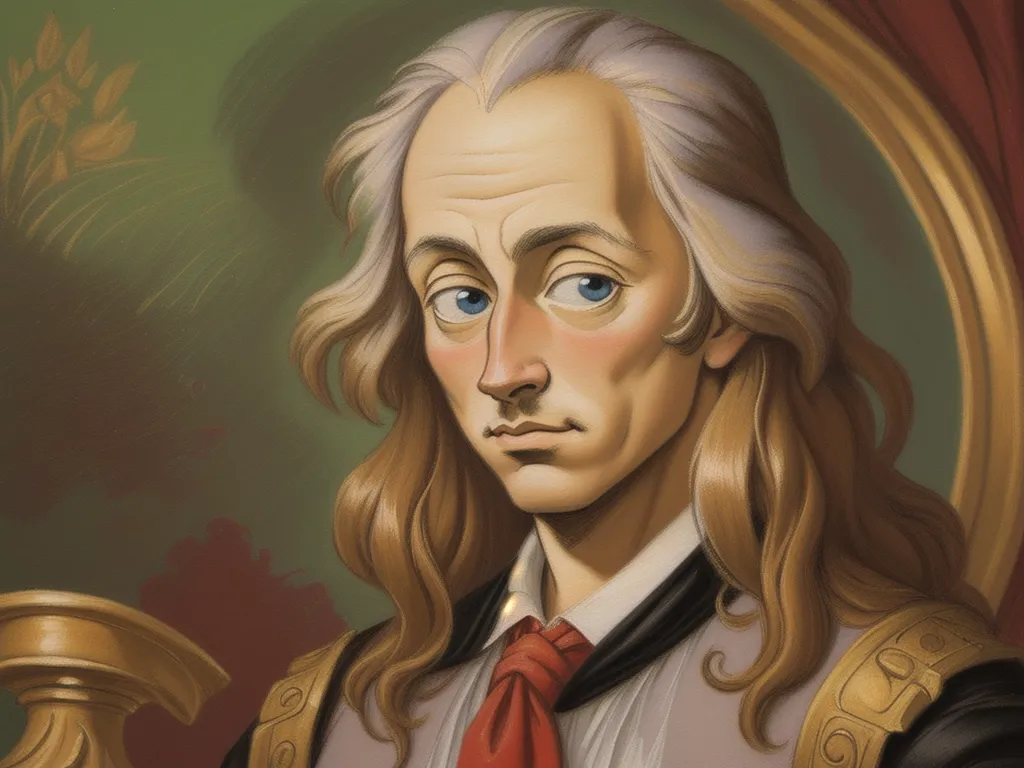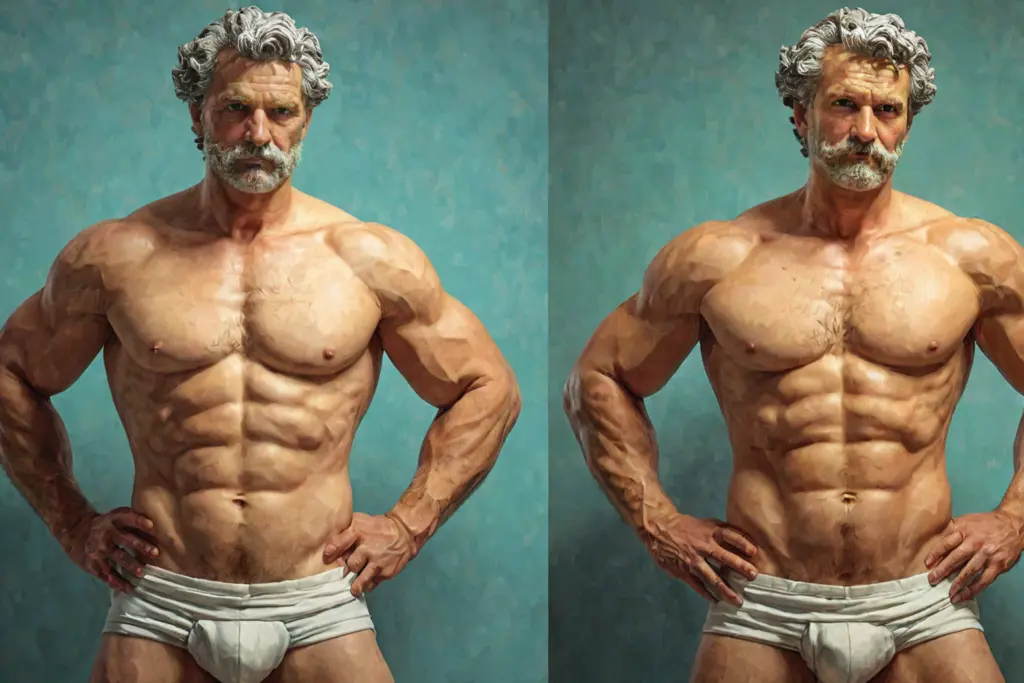
Portrait of Blaise Pascal, Rococo, Pastel Painting
1. Blaise Pascal (1623-1662) was a French philosopher, mathematician, physicist and inventor, considered one of the most important scientists in history.
- He was born in Clermont-Ferrand, France, to a wealthy family. His father was a tax collector for the king. His mother died when he was only three years old.
- At a very young age, Pascal experienced a religious conversion which deeply influenced his intellectual and personal life. He wrote the “Lettres provinciales” as an apology of Catholicism against the Jansenist movement.
One of his most famous inventions is the Pascaline, one of the first mechanical calculators, designed to simplify arithmetic operations like addition and subtraction.
He also made major contributions in the field of mathematics with his work “Traité du triangle arithmétique” (Treatise on the Arithmetical Triangle) and developed the Pascal’s triangle, a triangular array of numbers that plays an important role in combinatorial number theory.
Pascal’s Wager, named after him, is a philosophical argument that posits that it is rational to believe in God based on the possible benefits of doing so compared with the costs and risks of atheism or belief in another religion.
He also made significant contributions to fluid mechanics and hydrostatics, principles used to describe how things behave when they’re under water or other fluids, such as blood in our veins.
Pascal’s Law, formulated by him in 1647-1650, states that the pressure exerted by a confined fluid is the same everywhere along the confining walls and that a change in volume of a confined fluid also changes its pressure proportionally throughout.
His work on probability theory laid the foundations for modern statistics. The famous “Pascal’s Triangle” still helps us understand combinations today.
Text model: dolphin-mistral
Image model: SexyToonCartoon

The Neural Navigator is a creative mind behind the lens of AI-generated images.
The Neural Navigator is always pushing the limits of what’s possible in this exciting new frontier of digital creativity. Whether it’s surreal landscapes, abstract patterns, or striking portraits, each image is a testament to the endless potential of AI-driven art.
Follow The Neural Navigator for a daily dose of innovative and visually stunning AI-generated imagery.


